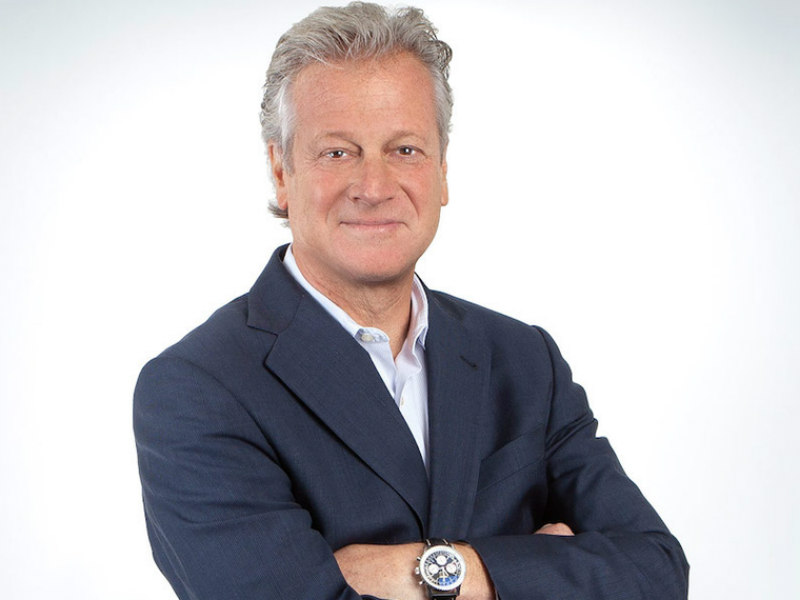Arun Sudhaman 13 Dec 2019 // 3:02PM GMT

It was, appropriately enough, Weber Shandwick’s own Leslie Gaines-Ross who led research into how a CEO’s first 100 days can make or break their reputation. So maybe it should come as little surprise that Andy Polansky has wasted such little time in ringing the changes after taking charge of the $1.3bn CMG unit that houses Interpublic’s PR, sports and event marketing firms.
Since his elevation to CMG chairman/CEO in mid-July, Polansky has moved quickly to restructure leadership and streamline operations, starting, obviously enough, with the PR firms within the group. That has included the mergers of Rogers & Cowan and PMK·BNC and DeVries Global with Golin subsidiary Canvas Blue. Before Polansky was promoted, meanwhile, Weber Shandwick subsidiary Creation merged with Current Global.
All of that has had obvious leadership and reporting implications, some of which will no doubt ruffle feathers in the process. Heidi Hovland departed as the DeVries Global CEO role was eliminated, with DeVries’ regional leaders now reporting directly to Golin president/COO Gary Rudnick.
This week, meanwhile, Golin leader Jon Hughes became a casualty of the firm’s shift to a single CEO in Matt Neale. The restructuring itself is hardly likely to raise eyebrows, given the endemic issues in having three CEOs. And Neale's leadership capabilities have always been evident, amid Golin's strong new business run in recent months, and his successful transition to a New York role since 2015.
But 14-year Golin veteran Hughes was typically viewed as a popular leader among the firm’s international offices, which will now report to Neale and Rudnick. So his exit has been met with a measure of surprise, both inside and outside the network.
How Golin replaces Hughes’ responsibilities will be worth watching. Several agencies have dispensed with discrete regional leadership roles in recent years, especially as agency restructuring and consolidation accelerate. And Hughes, of course, eventually oversaw Asia from London, another trend that is not uncommon in the agency world.
Neither has Weber Shandwick — now under the leadership of CEO Gail Heimann — proved immune to some of these broader trends. Heimann has reshaped the leadership team to notable effect since taking charge, with similarly significant reporting implications. Specifically, Weber Shandwick’s European and Asia-Pacific leadership, in the shape of Tim Sutton and Baxter Jolly, respectively, now report to chief growth officer Susan Howe.
Polansky declined to comment on the notion that power is being concentrated in North America at the expense of international regions, instead noting: "I feel strongly that regional leaders should be based in the regions they are responsible for."
IPG sources familiar with the situation note that the group has been aiming to tackle the perception among analysts that its staff costs are relatively high compared to other holding groups. That is not an unusual refrain among publicly-listed groups, particularly as procurement pressure rises, wages continue to escalate and scrutiny of the holding company model increases.
Regardless, Polansky is confident that the resources under his leadership are being arranged in a manner that befits the integrated solutions clients are seeking. He is clear that "people go to work for [agency] brands," but notes that he is looking for ways to more formally address the opportunities afforded by clients that may want capabilities across PR, sports marketing, experiential and branding.
"This is an opportunity to look at the portfolio and figure out how we can do things in a really interesting way," he said. "It’s more about capability and what you deliver to clients, than anything else. I’m not anticipating any further brand consolidation at this moment in time. From a CMG perspective, we believe in the individual brands."


































.jpg)

















